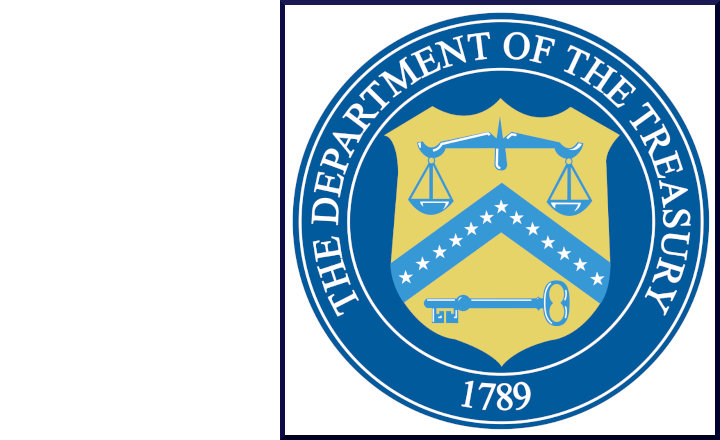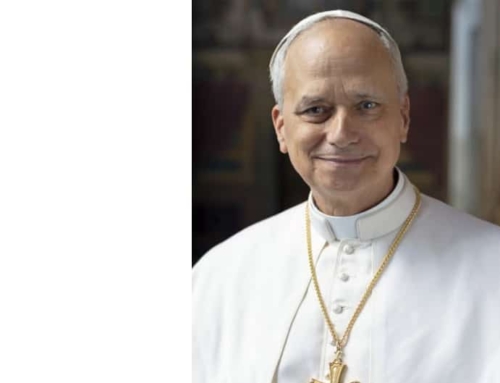Bill Donohue emailed this letter to Rep. Jim Jordan today about an office in the Department of the Treasury that sees those who buy religious books as a possible threat to the nation.
January 19, 2024
Hon. Jim Jordan
Chairman, House Judiciary Committee
2138 Rayburn House Office Building
Washington, D.C. 20515-0216
Dear Chairman Jordan:
Thank you for making public your letter of January 17 to Noah Bishoff, the former Director of the Office of Stakeholder Integration and Engagement in the Strategic Operations Division of the Financial Crimes Enforcement Network (FinCEN). I am delighted that you addressed the actions taken by his office following the events of January 6, 2021.
What FinCEN did is disturbing on many levels, but there is one aspect that is of grave concern to the Catholic League, and that is the vile attempt to label religious book buyers as extremists.
It was startling to read that FinCEN investigators actually asked financial institutions to provide them with customer transactions of an “extremist” nature. They specifically asked them to search their records, filtering them by certain terms, such as “MAGA.” Other indicators of extremism, they said, included “the purchase of books (including religious texts) and subscriptions to other media containing extremist views.”
“In other words,” you wrote, “FinCEN urged large financial institutions to comb through the private transactions of their customers for suspicious charges on the basis of protected political and religious expression.” As you aptly noted elsewhere, this means that if someone bought a Bible, that kind of transaction could be flagged as an index of extremism.
To say this is surreal is an understatement.
On the website of FinCEN, it says, “The mission of the Financial Crimes Enforcement Network is to safeguard the financial system from illicit use, combat money laundering and its related crimes including terrorism, and promote national security through the strategic use of financial authorities and the collection, analysis, and dissemination of financial intelligence.”
You have asked Mr. Bishoff to contact your office by the end of this month so that a transcribed interview with your Committee can be scheduled. Perhaps he can explain what the buying of religious books has to do with FinCEN’s mission statement. Are they considered a conduit to domestic terrorism?
As the president of the nation’s largest Catholic civil rights organization, and as the author of several books on Catholicism, I would like to know which kinds of religious books were of interest to Bishoff’s team of investigators. For example, those written by orthodox Catholics, or those written by Catholic bashers? I doubt it was the latter.
On five occasions last year, I wrote to you about the FBI’s unjustified probe of Catholics, and I appreciate all that you have done about it. Now we have to turn our attention to the conduct of the Treasury Department.
On May 4, 2017, President Donald Trump issued Executive Order 13798—“Promoting Free Speech and Religious Liberty.” He wanted to ensure that these rights were being observed in the executive branch. “In particular,” Trump said, “the Secretary of the Treasury” must safeguard religious liberty. He did not say why he singled out the Department of the Treasury. Perhaps Bishoff can explain why.
Sincerely,
William A. Donohue, Ph.D.
President
Contact Russell M. Dye, Communications Director for Rep. Jordan: Russell.Dye@mail.house.gov







